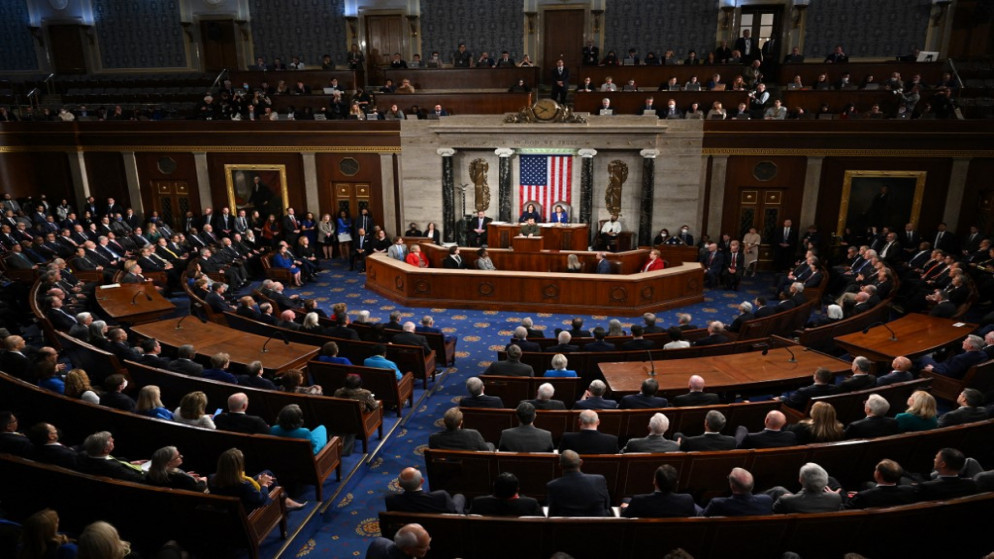US Congress Passes Historic Border Security and Migrant Detention Funding Package Signed by Trump

The US Congress recently approved a new bill signed by President Donald Trump on Saturday, July 5th, allocating $45 billion to fund migrant detention centers, $46.5 billion for building the border wall with Mexico, and an additional $6 billion for enhancing border surveillance technologies.
According to a report by The Washington Post, the funding allocated for migrant detention exceeds the total spent by the United States during the Obama, Biden, and early Trump administrations combined. This funding is expected to lead to an unprecedented expansion in the detention system, with the Immigration and Customs Enforcement (ICE) planning to double its capacity to around 100,000 beds.
Unprecedented Expansion in Detention System
Describing this funding as "the largest funding we've seen for the country's border immigration agenda," Lauren Brooke Eisen, director of the Brennan Center for Justice at New York University, noted that the country is witnessing "a significant expansion in ICE detention centers."
The number of detainees has seen a notable increase, with the daily average reaching 56,000 detainees last month, the highest since the publication of these data began. Trump administration officials have acknowledged that the increase in detainees has at times exceeded the centers' capacity.
Mixed Reactions
Republican Representative from North Carolina, Addison McDowell, welcomed the law, considering it will "make our communities safer through a historic investment in border security," adding that it will prevent "dangerous" illegal immigrants from roaming without consequences.
Tricia McLaughlin, spokesperson for the Department of Homeland Security, affirmed that the additional funds will help cover detention facility costs and enhance personnel, describing this step as necessary "to secure the nation and preserve the safety of Americans."
Privately-Run Detention System
The immigrant detention system in the United States is the largest globally and heavily relies on facilities operated by private companies like GEO Group and CoreCivic, in addition to contracted local jails. ICE recently awarded new or expanded contracts to at least nine facilities owned by these companies, despite previous congressional criticisms of "budget mismanagement."
Human Rights Concerns
Immigrant rights advocates have expressed concerns about deteriorating detention conditions, as some facilities owned by GEO and CoreCivic witnessed protests due to food and water shortages, along with complaints regarding medical care.
In response, Steve Owen, spokesperson for CoreCivic, stated that the water issue at one of their facilities in New Mexico was "resolved in less than two weeks," emphasizing the company's commitment to federal standards and providing basic care for detainees.
This expansion comes amidst a shift in the demographic composition of detainees, with Austin Kocher, assistant professor at Syracuse University, noting that about a third of detainees until June faced no criminal charges, indicating a shift in detention policies under the Trump administration.